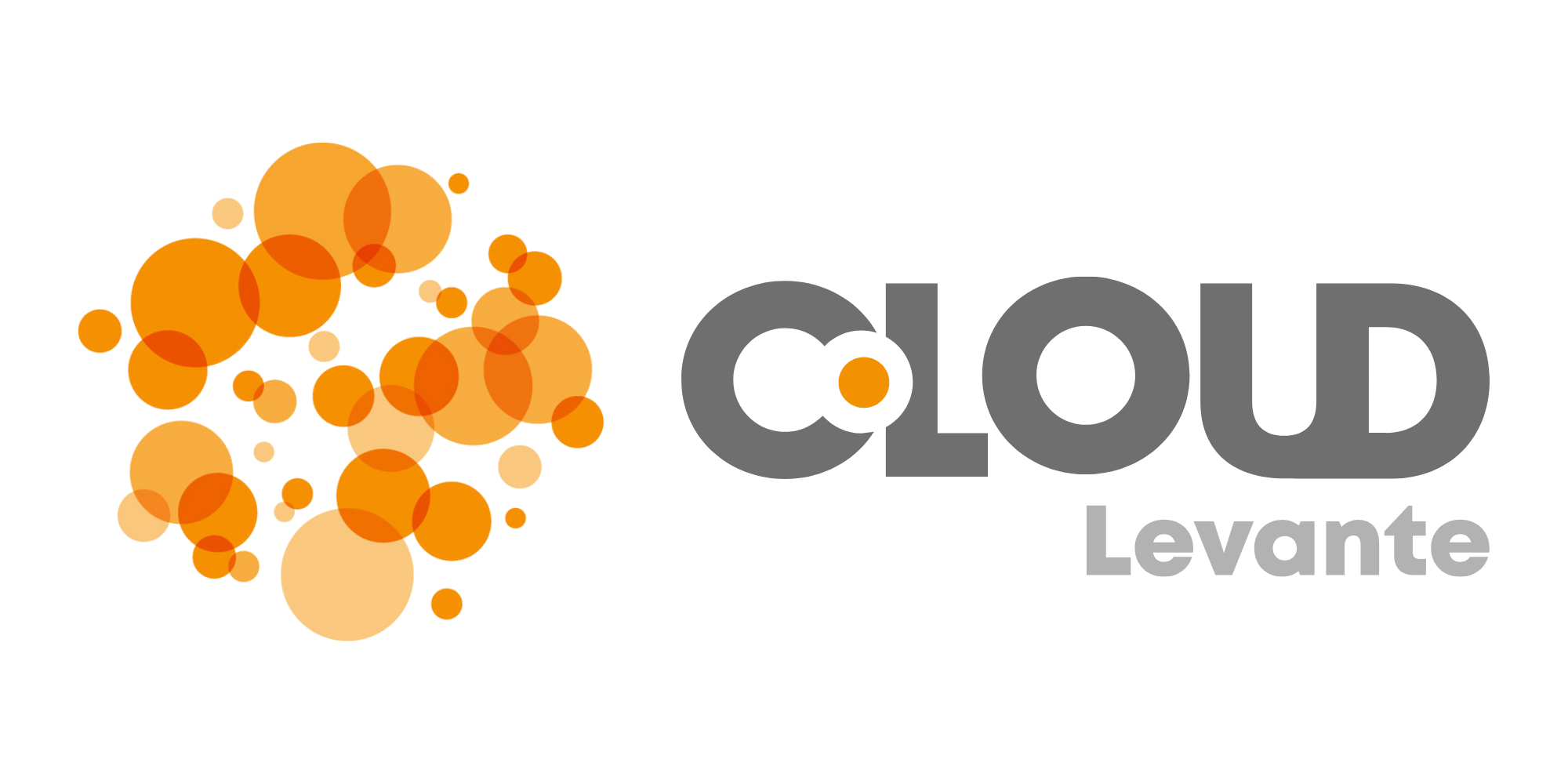How AI Enhances Accounting — Not to Replace, but to Empower the Accountant
The new study ‘Human + AI in Accounting: Early Field Evidence’ by Jung Ho Choi (Stanford GSB) and Chloe Xie (MIT Sloan) reveals that accountants are adopting artificial intelligence tools to streamline their workflows and close their books more quickly.
The conclusion is clear: AI isn’t replacing accountants, but rather enhancing their work by combining with human expertise. By automating the most mechanical steps of the process—such as transaction categorization and bank reconciliation—professionals can devote more time to financial analysis and strategic advisory.

Accounting and Automation: An Inevitable Partnership
For years, accounting has topped the list of jobs most susceptible to automation, due to its reliance on routine, repetitive tasks.
That very procedural nature led many to believe that AI systems would come to supplant the traditional accountant. However, the working paper by Choi and Xie challenges this view, demonstrating that AI functions as a collaborator, not a replacement.
Concrete Findings from the Study
Based on a survey of 277 accountants and a detailed analysis of the tasks performed by 79 small and medium-sized enterprises, the research shows that those who employ generative AI can:
- Serve more clients per week.
- Close financial statements up to 7.5 days faster than with conventional methods.
- Reduce time spent on routine back-office work by 8.5%
Moreover, report granularity improves by 12%, breaking down expenses into more specific categories (bonuses, benefits, meals), thereby enriching data quality and utility.
Smart Multitasking and Human Oversight
«AI facilitates multitasking» explains Choi. For each client, an accountant must extract information, link transactions, and follow up with vendors. By automating these initial setups, AI enables handling more cases with greater efficiency.
Nonetheless, the true added value lies in human expertise: senior accountants step in when the system flags uncertainties, applying their judgment to validate results and ensure reliability.
Toward Peak Efficiency in Accounting
AI adoption in accounting doesn’t displace jobs; it amplifies service capacity and raises quality standards. By delegating routine work to technology, professionals free up time for high-value tasks such as client communication, quality control, and tax consulting.
In this way, accounting becomes more agile, accurate, and strategic—powered by the optimal combination of technological innovation and human expertise.
